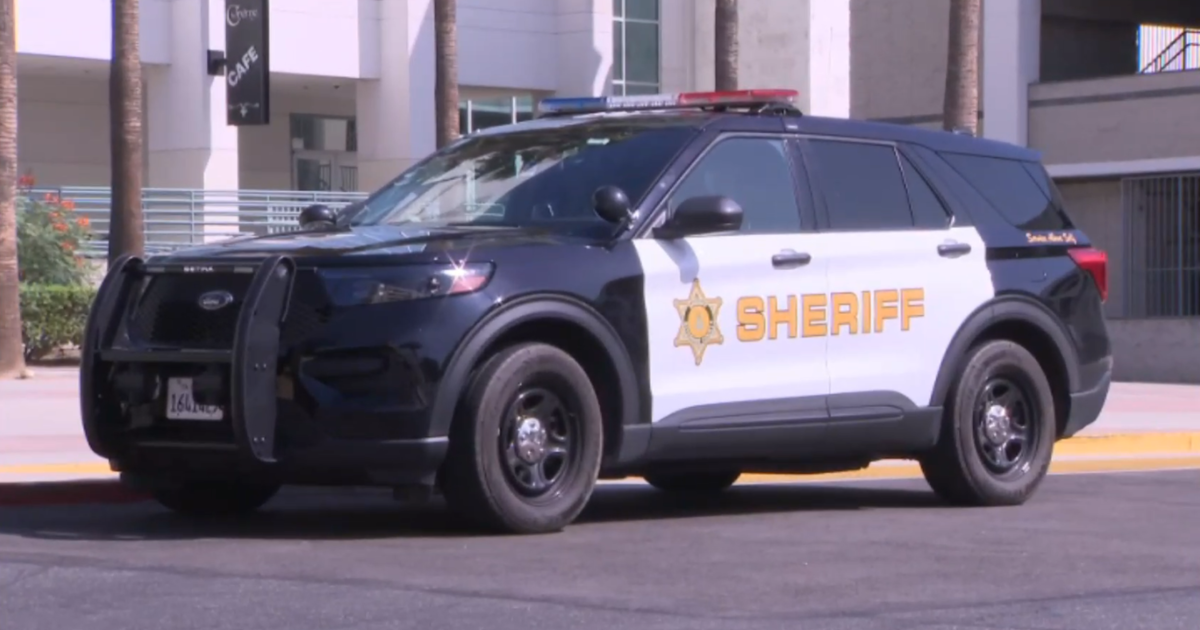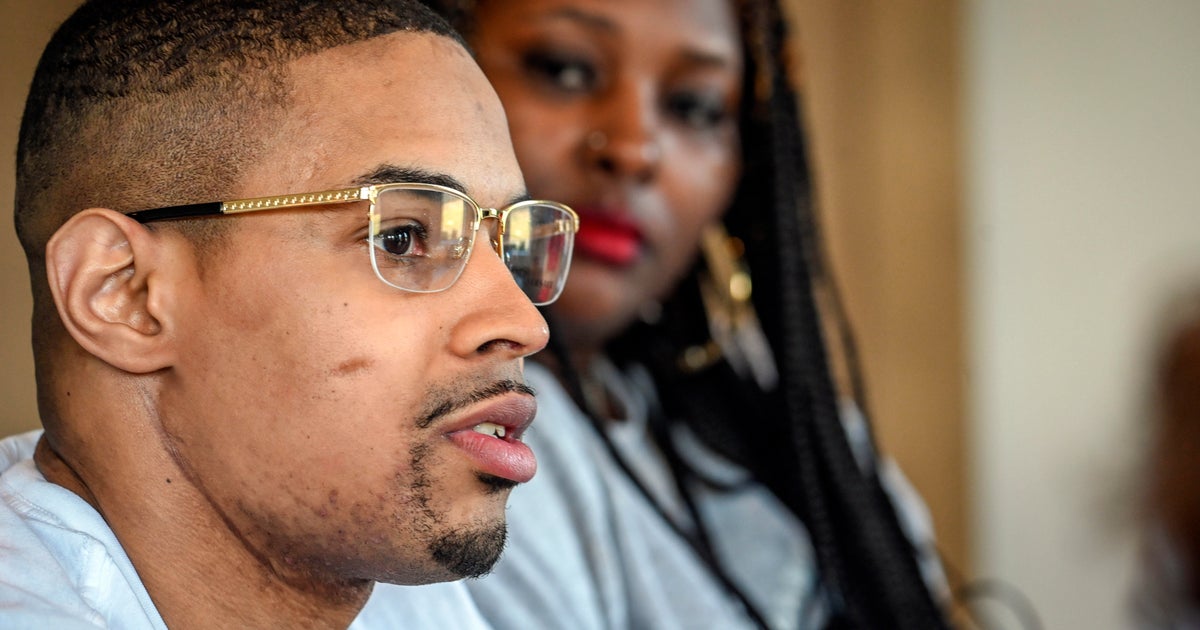Monsanto Ordered To Pay Former Groundskeeper Nearly $290 Million In Damages
SAN FRANCISCO (KPIX 5) -- A San Francisco jury Friday ruled in favor of a former Benicia Unified School District groundskeeper who claimed the chemical glyphosate - contained in the popular herbicide "Roundup" - caused his cancer.
The jury ordered that Roundup manufacturer Monsanto pay Dewayne "Lee" Johnson, who is suffering from terminal non-Hodgkin's lymphoma, nearly $290 million in damages. The breakdown was $819,882 for loss of past earnings; $1,403,327 in future earnings; $4 million in past non-economic losses and $33 million in future non-economic losses.
When it came to punitive damages, the jury awarded Johnson $250 million of the $373 million he had sought.
"This jury found Monsanto acted with malice and oppression because they knew what they were doing was wrong and doing it with reckless disregard for human life," said Robert F. Kennedy Jr., a member of Johnson's legal team. "This should send a strong message to the boardroom of Monsanto."
Johnson told the court that during his four years as the groundskeeper at the school district, he sprayed 150 gallons of Roundup 20-30 times a year. On the stand, he described what he called his careful use of the product.
"I figured if it could kill weeds it could kill me," said Johnson. "I took it seriously. That's why I wore anything I could to protect myself."
He described two days where he ended up accidentally drenched in the herbicide. He called Monsanto's consumer hotline, but said the company never called back.
"They could have called him back. It's a phone call. They could have said there's studies that show its related to cancer, but they didn't call him back," said Johnson's attorney Brent Wisner.
Following the verdict, Scott Partridge, a Monsanto vice president, issued the following statement: "We are sympathetic to Mr. Johnson and his family. Today's decision does not change the fact that more than 800 scientific studies and reviews – and conclusions by the U.S. Environmental Protection Agency, the U.S. National Institutes of Health and regulatory authorities around the world – support the fact that glyphosate does not cause cancer, and did not cause Mr. Johnson's cancer. We will appeal this decision and continue to vigorously defend this product, which has a 40-year history of safe use and continues to be a vital, effective, and safe tool for farmers and others."
Jurors were shown some difficult pictures. Johnson's cancer has caused him to develop lesions over 80 percent of his body. He spoke in court about how the lesions tore into his self-confidence, embarrassed his children, and kept him from going out in public.
"One of the issues in this case is the jury has to decide how has cancer affected his life and I think this goes straight to the heart of it," said Wisner.
Johnson said the case has forced him to come to terms with his mortality. The case had been expedited because of his poor health.







